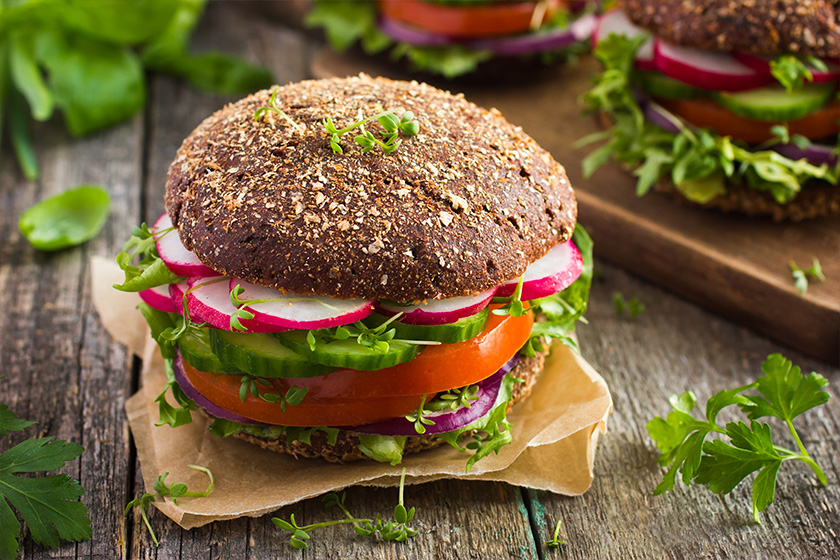The food we eat fuels our bodies and will have various effects on our quality of life. As we advance in age, we might start to notice that different types of food can affect how we feel. Some foods provide us with the energy we need to last whole day, whilst others may leave us feeling sluggish and tired. If you are looking to start practicing a vegan diet to maintain your senior health, learn about the different benefits of the diet for your old age.
Going Vegan in Your 50s
One of the main reasons why people go vegan is to reap the many health benefits. The 50s can be a time when we are prone to weight gain, and women have a higher risk of developing cardiovascular diseases as a result of menopause. Going vegan can help us prevent and manage Type 2 diabetes which is an illness common in the elderly. When practiced the proper way, a vegan diet can potentially help with:
- Lowering the risk of heart disease
- Helping with weight loss
- Promoting quality sleep
- Improving health and quality of life
- Reducing the risk of diabetes
- Lowering blood pressure
- Reducing risk of certain cancers
- Lowering cholesterol
However, take note that simply going vegan does not actually guarantee health. Some foods with no ingredients from animal origins may be filled with chemicals. A vegan diet needs to include a variety of legumes, vegetables, and healthy fats. These healthy foods are high in antioxidants and fiber which are essential in supporting quality sleep and providing you with the energy you need to go about your day.
Avoid Dietary Deficits
It can be difficult to fully cut out meat and dairy. This challenge is something you will have to face every day after going vegan. Hence, you need to replace the nutrients found in animal products with the relevant substitutes.
- Protein – Protein is extra necessary as we age. It helps us maintain bone strength and muscle mass. Good substitutes include grains, legumes, seeds, and soy products.
- Calcium – Good substitutes that are high in calcium include almonds, leafy greens, oranges, tofu, and orange. Calcium keeps our teeth and bones strong while improving our heart, nerve, and blood health.
- Vitamin B12 – This nutrient cannot be found in most nuts, plants, and seeds. For older adults over 50 years old, you should substitute with fortified plant-based tofu, milk, and cereals that contain nutrients.
- Essential Fatty Acids – Fatty acids support our heart and brain health. They can also reduce our risk of getting a heart attack. In older adults, fatty acids can help with joint pain as they are anti-inflammatory. Good substitutes include whole grains, nuts, and dark leafy greens like kale and collards.
- Vitamin D – Cereals contain Vitamin D as well as many other foods. Alternatively, you can spend at least 15 minutes daily basking in the sun.
Going Vegan After 50
There are many challenges that you may face when going vegan after 50. Take the process slowly and at your own pace. Many changes need to be put in place into your lifestyle so adjust at a rate that you feel most comfortable with.







